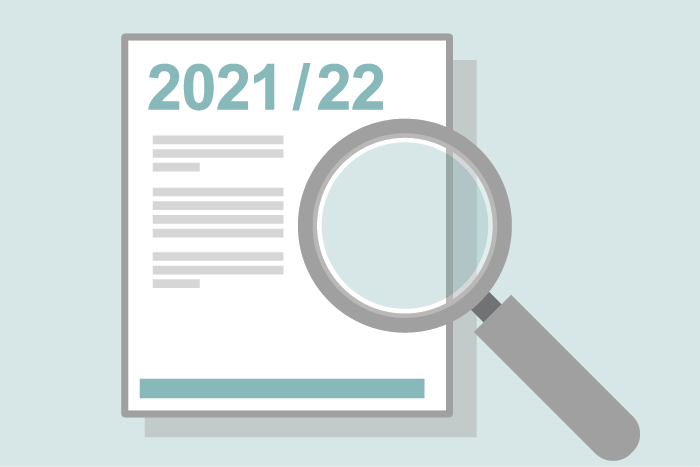Watching over Covid-19 spending
Given the scale and pace of spending on the Covid-19 response, we wanted to help ensure that Parliament and the public could see where the money was spent, how well it was administered, and, ultimately, what was achieved with it.
We have been watching the spending on the Covid-19 response since the World Health Organisation declared Covid-19 a pandemic. This year, we carried out further inquiry work and performance audits on different aspects of Covid-19 spending. We also provided lines of inquiry about Covid-19 spending as part of our usual support to select committees in their scrutiny of Budget Estimates of appropriations and annual reviews. We particularly noted matters our appointed auditors raised in their annual audit work where Covid-19 had increased uncertainty. This included, for example, effects on operations and cash flow of many organisations and our review of forecasts to gain reasonable assurance that organisations could meet their obligations.
In May 2022, after our earlier criticism, we wrote to the Secretary to the Treasury acknowledging the Treasury’s improvements in its public reporting about Covid-related spending.
We had been asking for greater transparency because of how much funding was set aside (just under $74 billion), the extraordinary circumstances in which funding decisions were made, and the potential implications for the Crown’s financial position (and public debt) for years to come.
The data, now published on the Treasury’s website, addresses many of our concerns about the transparency and accessibility of the financial information related to Covid-19.
Covid-related inquiries work
During 2021/22, we published a report about our inquiry into the Strategic Tourism Assets Protection Programme. The Programme aimed to provide financial support for tourism assets that contribute significantly to their region and to New Zealand tourism.
We identified three aspects that could have been improved. First was the clarity of the Programme’s funding criteria. Clear criteria create trust because people feel that they have been dealt with fairly and transparently. Criteria also need to be clear so that decision-makers can verify that they have been met.
Secondly, although the process for assessing applications was consistent, we did not see a documented consistent methodology for deciding the amount of funding awarded.
Thirdly, we saw limited evidence explaining the reasons for the funding decisions made. Without those records, those who have made the decisions cannot adequately explain why funding was provided. To ensure that the public can be confident in the integrity of the decisions made with public money, the reasons for decisions should be clearly explained and well documented.


Covid-related performance audit work
We wrote to the chairpersons of two parliamentary select committees to update them on the Ministry of Social Development’s and the Ministry of Health’s respective progress in implementing the recommendations in our two reports: Management of the Wage Subsidy Scheme and Preparations for the nationwide roll-out of the Covid-19 vaccine.
We told the Finance and Expenditure Committee that, overall, there had been good progress with implementing the recommendations from our Wage Subsidy Scheme report. However, officials need to continue carrying out post-payment assurance work until they can provide Parliament and the public with reasonable confidence that public funds have been paid only to businesses that met the Scheme’s criteria and obligations. At the time, we noted that, in our view, officials were not there yet.
We advised the Health Committee that the Ministry of Health had taken action to implement all of our recommendations. However, its efforts to support the vaccination programme’s equity objectives had not been wholly successful. When we wrote to the Health Committee, supporting equitable access to vaccinations continued to be an objective of the programme and a focus of the Ministry’s work. In 2022/23, we will complete a final review of the vaccine roll-out that will focus on the range of equity initiatives that were implemented to support the roll-out.
We have additional work under way that we intend to publish in 2022/23 looking at the central response to Covid-19, the reset of the Provincial Growth Fund, and the significant investments the Government has made in the New Zealand Upgrade Programme and the "shovel-ready" projects.
